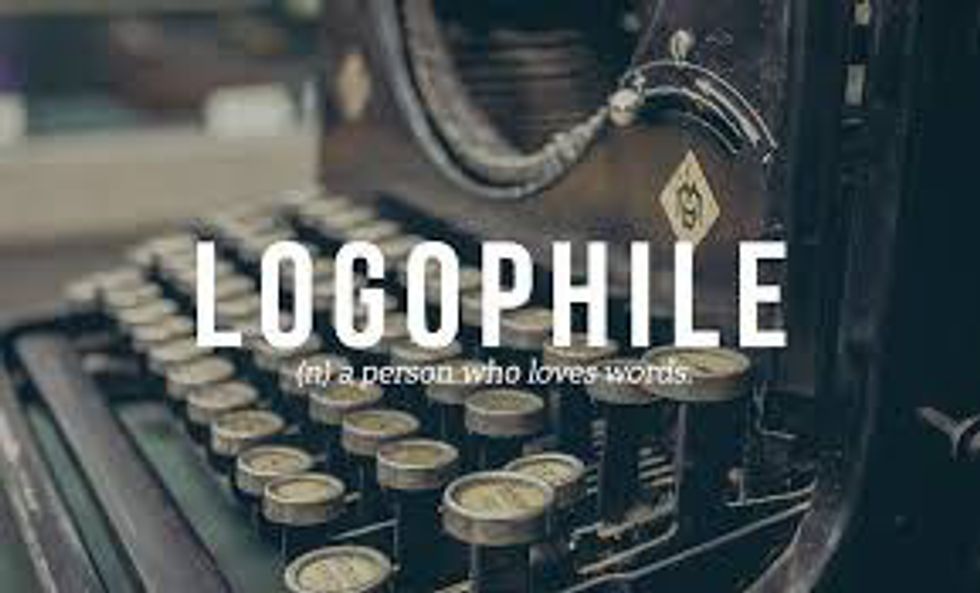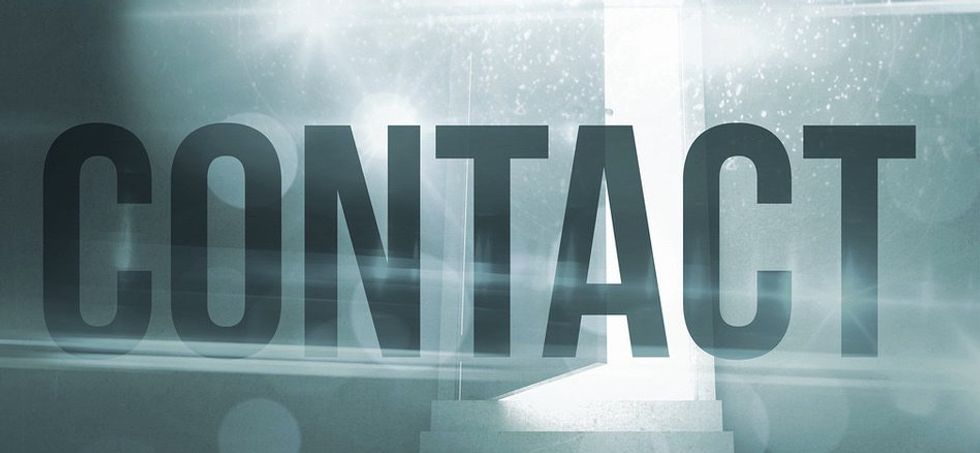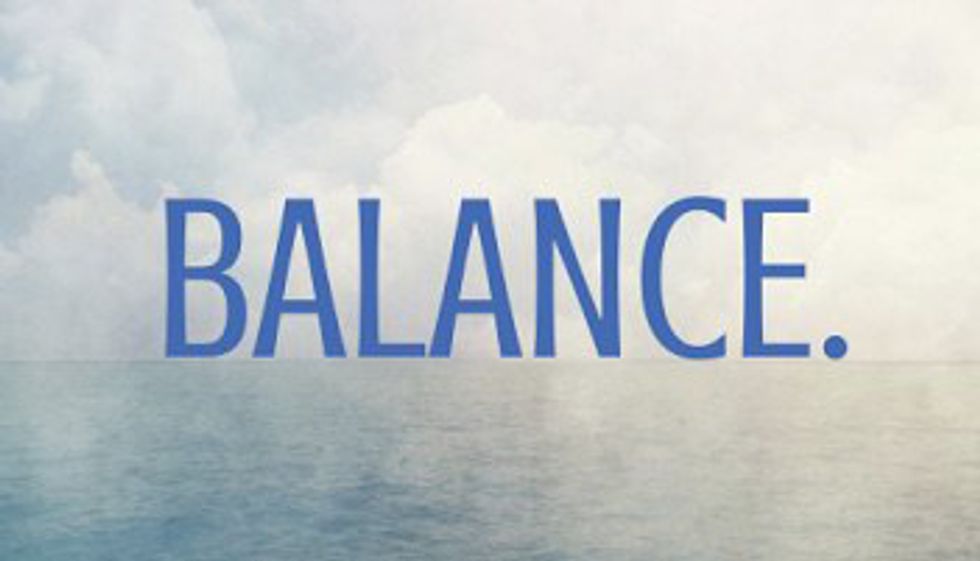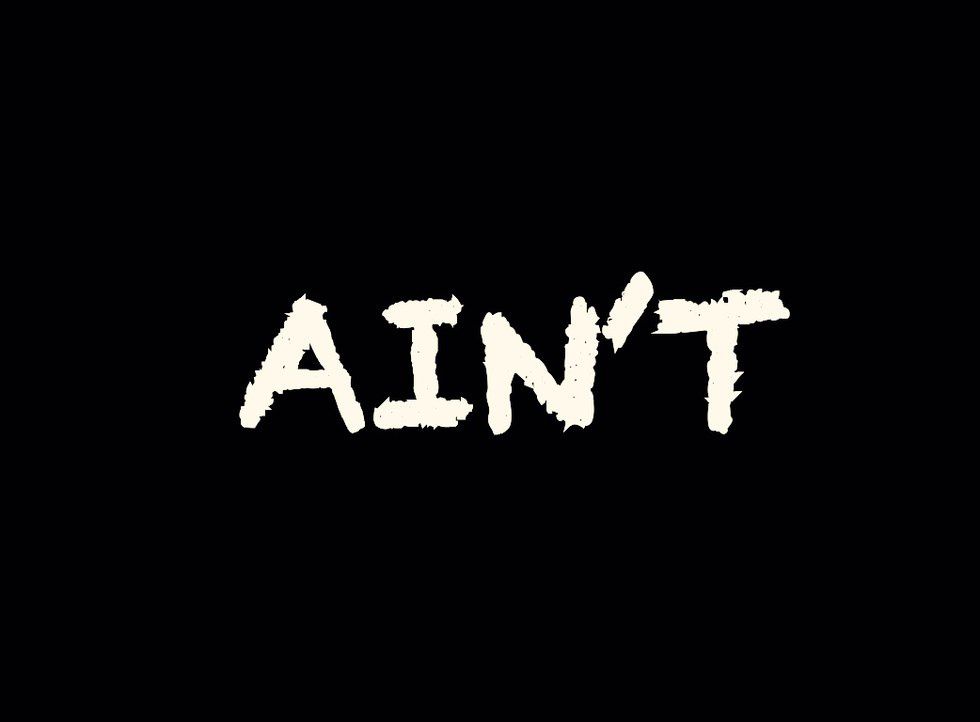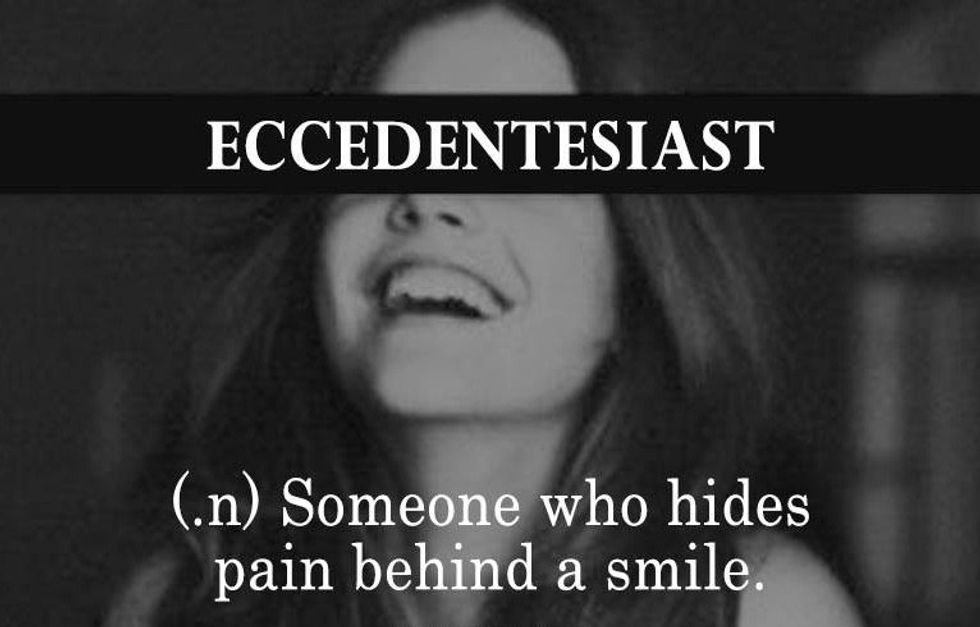So it would seem that the older generations feel we are killing them by slaying the English Language. We're apparently butchering our precious form of communication with new words that just aren't real. Words like "constracted," which means to be confused and distracted at the same time, or, "policist," which means to be prejudiced against police officers. One of my favorite new words that has been added to the dictionary is "multislacking." It literally means to do more than one thing that does not require that much energy. You know, like eating a snack, while watching television, and playing a game on your phone all at once.
As a logophile myself, I find the evolution of language amazing. I mean startling, breathtaking, nuh-huh, it's more stupendously wondrous. Sure, there are new words that don't feel great on the tongue, but I've tried a bunch of food that gives me the willies as well. Should we get rid of that, too? Here's the thing we should recognize when it comes to any haters of new words. When they were our age, their elders hated their new words just as much, and I'll prove it.
CONTACT
In the 1930s, F.W. Lienau, a Western Union Official claimed that the person who originated this word "should have been destroyed in early childhood." This proves that someone's (Lienau) a little crazy, and it's not the person who came up with the word, or the use of "contact" as a verb. Lienau further asserted that as long as you could "get in touch with, make the acquaintance of, be introduced to, call on, interview or talk to people, there can be no apology for contact." Looks like Lienau was wrong!
BALANCE
When it comes to the word "balance," it's surprising and almost absurd how many have found it offensive in the past. For one, I like the way "balance" feels when I say it. It's pretty. And, yes words can be pretty (luminescent, sizzle, elicit, effervescence, etc.). However, "balance" has been said by even literary critics, and legal advisors to be vulgar and hideous English. Someone's obviously thinking too hard here.
DONATE
Literary critic, Richard Grant White said of donate, "I need hardly say, that this word is utterly abominable - one that any lover of simple honest English cannot hear with patience and without offense. It has been formed by some presuming and ignorant person." He then continues his rant by asking why not simply use, "give, present, grant, confer, endow, bequeath, or devise." While there were already many synonymous words for "donate" in existence, my question is what's one more, and why does it matter so much? Either way, here is another example of how White has been proven wrong because out of all of these words, "donate" is used most frequently.
AIN'T
How many times were you told as a kid not to use the word "ain't?" Well guess what? It is the proper grammatical form for the negative interrogative in the first person singular, but over time it became the most stigmatized auxiliary word. In the early 19th century, the word “ain’t” became popular with people of Cockney dialect resulting in it being banished from proper English, and the prejudice of the contraction of “am not” to spread all the way to America. That's how far and how serious hating words can be.
So if I want to ponder, to use my mindgrapes about all the haters of new words within the English language because they're in their feelings about how the newer generation wants to reappropriate noun and verb usage, then I will. The reason being, as Noam Chomsky once said, “Language is a process of free creation; it’s laws and principles are fixed, but the manner in which the principles of generation are used is free and infinitely varied. Even the interpretation and use of words involves a process of free creation” What that translates to me is that words, and as a whole, language, is art. Think of the world today had someone stopped Shakespeare from inventing "addiction," "cold-blooded," "eyeball," or "swagger." Or how about Dickens with the word "boredom?" Walpole with "serendipity," Plath with "dreamscape," Tolkien with "tween," Coleridge with "narcissism," Dr. Seuss with "nerd," and Stephen King with "pie-hole." We are free to assist the evolution of this living thing, this expansion of lexicons because any living thing that stops growing essentially dies. And, I refuse to let it.
So in the vain of being a logophile, here's one wacky word I've come across and would love to pass on. Learn it, use it, and maybe one day it will be added within our dictionaries.
ECCENDENTESIAST




